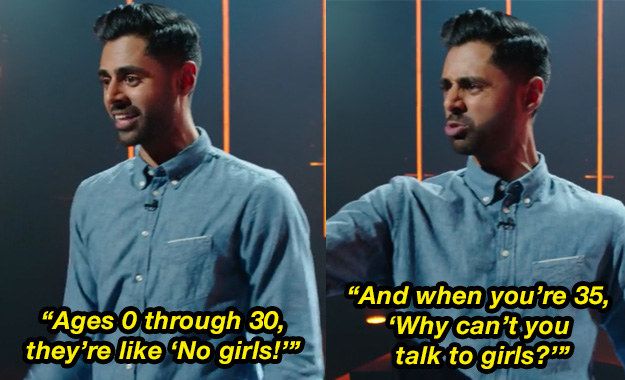We have had our share of struggle while teaching our parents about “millennials’ technology”. Sometimes, these lessons turn into fights. It’s time to relate and reflect.
” I just taught you! How can you forget the WhatsApp icon? It is right there!”
“No, that is not the power button, that controls the volume!”
“No! The phone will not explode”
“That is not how you hold a phone, it is not a baby”
The advent of smartphones has affected family relations. Remember the fight you had with your parents when you were trying to teach them “boomers’ rocket science”- WhatsApp. It is a peculiar affair- parents can manage an entire household, execute work assignments without hassle, grow babies but cannot use mobiles to communicate and laptops to mail. “This one time dad saw someone go live, he wanted to learn that I taught him the entire thing and he went live accidentally for an entire hour and got hundreds of comments. He then made me come and teach him how to reply to all of them.”,says Rhea D. a first year student.
Lesson one: teaching them how to hold the phone. This, in itself, is a tug of war. Trying to move their fingers that just won’t adjust. Positioning the palm, trying to motion the wrists into acute angles, failing miserably and realising thereby that teaching isn’t that easy a profession.
How long did it take to make them understand that passwords and OTPs (One Time Password) are not supposed to be announced publicly like vendors’ prices at a flea market? Have you succeeded yet? If yes, then you should add it to your CV because that is a milestone achievement. It is hard to make them realise that “password123” or your name is simply not a strong password.
And how can we not mention the jargon disjunction! They can’t be Zuckerbergs in a day or a fortnight, you are not that great as a teacher. Do not try to teach them how routers work, do not teach them what “www” means, do not teach them about motherboards. Meditate for five minutes before the teaching voyage to avoid fights. Let them make their own words and try not to laugh sheepishly. Imagine you are in first grade, and you just realised that ‘ice-spice’ is actually ‘I-spy’ and your friends are laughing at you. Yes, they would feel the same. Aniket Singh Chauhan, another first year student says,”Whenever my parents ask me for help, a random thought comes to my mind that it is my duty to do help because even they helped me when I knew nothing. It is a tiny bit frustrating but I just love it when my parents go a bit tech-savvy.” Be calm and if that doesn’t work, remember that they changed your diapers, in a nutshell- be grateful.
Feature Image Credits: Eventbrite
Priyanshi Banerjee






